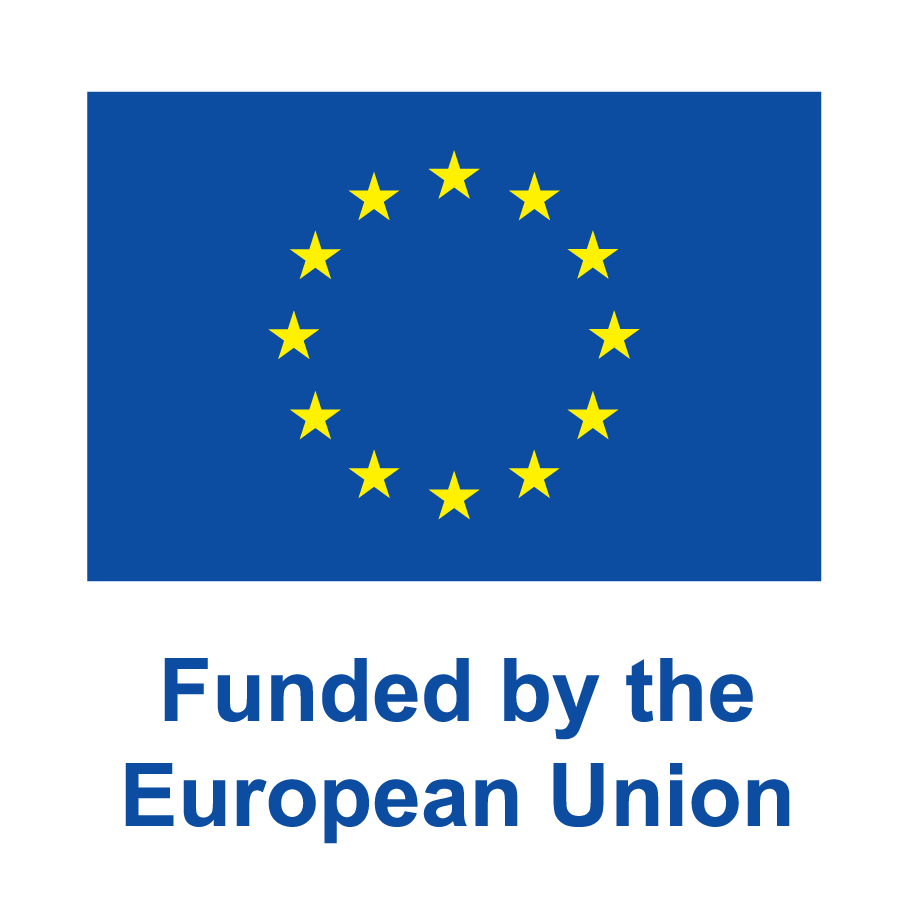RESKILLING


RESKILLING - Research initiative for Effects, Plans and SKILLs for Implementing Transport Automation with Employment Growth
ID Call: HORIZON-CL5-2023-D6-01-05 CCAM effects on jobs and education, plans for skills that match the CCAM development, and prerequisites for employment growth (CCAM Partnership)
Sapienza's role in the project: Other beneficiary
 Scientific supervisor for Sapienza: Luca Persia
Scientific supervisor for Sapienza: Luca Persia
Department: Civil, Building and Environmental Engineering
Project start date: January 1, 2025
Project end date: December 31, 2027
Abstract:
RESKILLING aims to propose, implement, apply and validate a comprehensive approach, guided by inclusivity, co-creation, and social innovation principles, which will efficiently and sustainably coordinate a range of novel services and tools, fostering optimal adaptation of the mobility sector (covering both people and goods) to the deployment of CCAM solutions and services. This will range from analysing the socio-economic and employment impacts of CCAM across the entire value chain to facilitating businesses and workers in mitigating drawbacks and leveraging opportunities brought about by CCAM deployment. This involves innovating business models and employing mechanisms and tools for skill enhancement and adaptation, with an emphasis on their replication and transferability potential and customised scalability for adoption throughout the EU.
RESKILLING aspires to create a CCAM innovation system capable of not only generating innovation but also delivering solutions to societal challenges.
RESKILLING will achieve its vision and aim through the following key objectives:
- To establish a robust community of stakeholders actively involved in the project, along the full CCAM value chain, fostering collaborative development of project outcomes and promoting the as wide as possible outreach, multi-layered replication and take-up of the project results.
- To investigate in depth the short-, medium- and long-term employment effects of CCAM development.
- To enable businesses and workers to mitigate negative effects of CCAM, by making use of opportunities provided by CCAM deployment in passenger and freight transport towards sustainable employment growth and improve capacity for (social) innovation to strengthen society’s preparedness to act proactively.
- To ensure necessary skills are available and up-scaled across a wide range of fields.
Task T5.1, led by CTL-Sapienza, develops a comprehensive framework to assess the socio-economic impacts of CCAM deployment on employment, education, training, and workforce adaptation. The framework integrates findings from case studies (T4.4) to ensure a holistic, evidence-based evaluation. A multi-phase methodology guides the task: 1) Framework Development, including literature review, KPI identification, and stakeholder engagement; 2) Data Collection & Analysis, involving surveys, interviews, and use case validation; 3) Impact Evaluation & Reporting, analysing labour market effects, working conditions, education trends, technology acceptance, and deployment outcomes.
